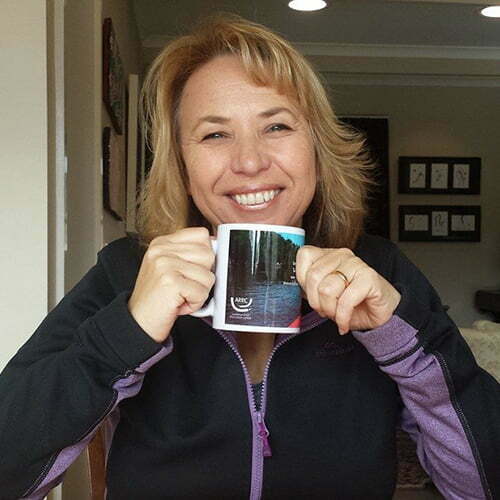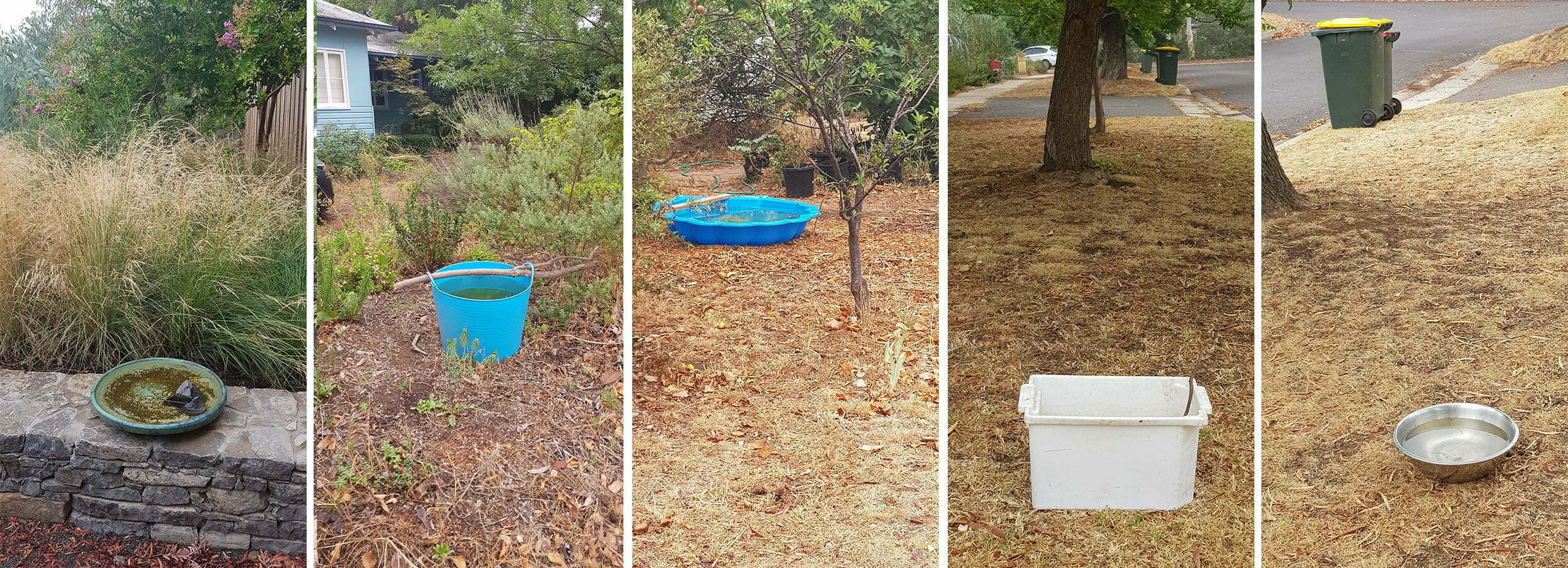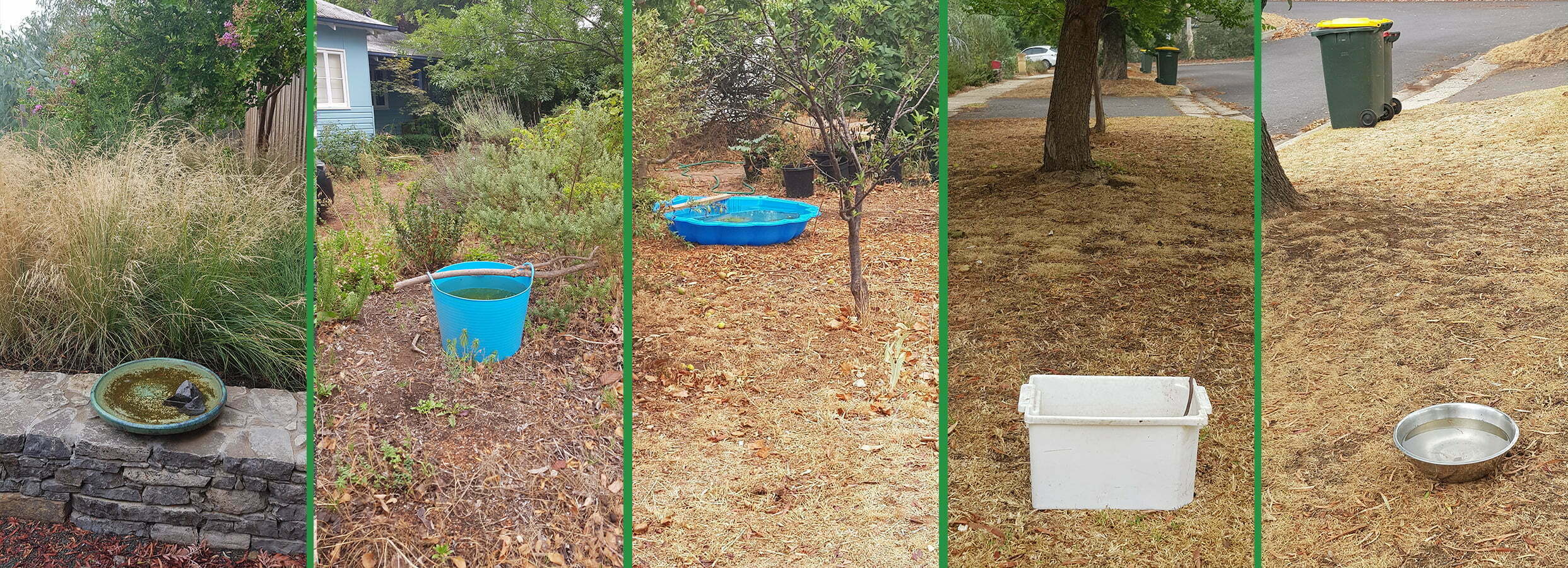The first episode of our new podcast ‘Conversation Over A Cuppa’ focuses on the impact of the recent devastating Australian bushfires – the loss of people’s homes, death and injury to wildlife, and vast tracts of burnt bushland.
Siwan talks about how it has affected her personally, leading to feelings of anxiety, fear, anger and sadness. She shares how she is finding comfort in understanding more about the ‘ecological grief’ so many of us are experiencing and provides some practical examples that show how through small acts of compassion, like placing water out for wildlife, we can retain hope in ourselves, each other and our environment.
Listen below or on Spotify (click here).
About the speaker: Siwan Lovett

Transcript:
Hello, welcome to our new podcast ‘Take me to the river’ where we connect to talk about ideas, issues and opportunities that relate to our work, life and community.
My name is Siwan Lovett, and I live in Canberra, on Ngunawal Country, with my husband Tom, son Finn and two corgis, Pippa and Frodo who are named after the hobbits due to the shortness and hairiness of their legs!
I would like you to imagine sitting next to me in a busy café with a freshly made cup of tea, coffee or chai, looking forward to taking a few minutes out of your day to pause, reflect and re-energise.
Today’s podcast is called ‘container love’, and it begins with a story about my walk around the block. I live at the foot of Mount Ainslie, which my welsh relatives from Snowdonia would say is more of a hill than a mountain, but for me it is just fine, with an abundance of wildlife and some really lovely trees and walking trails. My suburb is a mix of old and new houses, and according to my husband Tom who went to school nearby, it used to be known as quite a rough neighbourhood. Today it is becoming gentrified, but still retains more of a social mix than most parts of Canberra. As I strolled along, with Pippa and Frodo stopping every five minutes to snuffle about and leave their calling card, I was feeling grateful, as the air I was breathing was clear, and not smoky. The smoke in Canberra has been really oppressive, sweeping in and smothering our city, with that eerie orange sun a stunning but unwelcome sight.
I started to notice a pattern – in just about every front yard there was a container with water in it. There were buckets, paddling pools, ice-cream containers, bowls and even a small yoghurt pot with a few twigs sticking out of it, so that small insects could perch and quench their thirst. It did not matter if it was a posh or modest home, the containers were there. They were there for our kangaroos, birds, bees and insects – we all wanted to do something to help.

The human desire to act and help is innate. We know that when people are placed in positions where they feel helpless and unable to do anything, they start to lose hope. As we return to work, and the impact of these bushfires on our waterways and environment is assessed, we are going to need to help each other to stay strong. When I talk about staying strong, I am referring to the strength of the social bonds that connect and sustain us, as well as the need for us to acknowledge the emotional toll the destruction of so much of our beautiful forests will, and is having upon us. For myself, I have found the past few months anxiety provoking, with the scale of the fires, loss of homes, and the death and injury to wildlife, almost incomprehensible. Seeing the faces of exhausted fire fighters, people sifting through the remains of their homes, and burnt animals desperate for refuge, has affected me deeply, and I know I am not alone.
The thing about emotions, is that we humans are very good at supressing and ignoring them. As an anxious person I have spent years coming to terms with the way I am. The anxiety I experience is often a smokescreen for deeper emotions like fear, anger and sadness. The reason I am sharing this with you today, is because I know that when we ignore these deeper emotions we start to act in ways that can isolate us, and break the very connections we need to thrive. Right now, in the aftermath of the current fires, and who knows what more could come, I believe many of us are experiencing something called ecological grief. My friend Suzy who is a wildlife carer, introduced me to this term. Ecological grief is the emotion we feel in relation to experienced or anticipated ecological losses, including the loss of species, ecosystems, and meaningful landscapes due to acute or chronic environmental change. Georgina Kenyan a writer on this topic, notes that ‘although grief is well understood in relation to human losses, ‘to grieve’ is rarely considered something that we do in relation to losses in the natural world. And yet, I know I am grieving, and I know that my family, friends and colleagues are too. How can we not be grieving, when our lives are so intimately connected to our natural world.
So what does this mean for us and the communities we are a part of. Well, this is where building and maintaining the social strength I talked about earlier comes in. And what is the skill and activity we need to focus our attention on, to enable this strength to flourish? Compassion. Compassion is the capacity to feel with, and to be touched by the suffering inside ourselves, and inside others, and to be moved to help.
It is clear that many people in Australia and overseas have felt compassion for the communities, both ecological and social, impacted by the bushfires. We see great acts of courage and commitment on behalf of our fire fighters and others on the front line. Just as important, however, are the small acts of compassion. Recently, on our drive home to Canberra from the coast, we went through Kangaroo Valley, an area threatened by one of the large fires. We stopped to buy a coffee, and I am so glad we did, as the Deli we went into had a simple, yet powerful sign which said, “You might be one of the many people affected by the fires. You might not want to talk about it, so as you place your order, give us the ‘thumbs up’ sign so that we can provide you with something a little extra to let you know we care.”
This simple sign was heartfelt, mindful of the raw emotions that sometimes mean people cannot say what is happening to them, but offering connection through a smile, a word, a free coffee. It is these acts of compassion that forge the bonds of connection. When we feel connected to each other we feel stronger and able to act, and it is when we act, that we feel useful and worthy.
I’ll finish up now with a few things you might like to consider doing:
Firstly, make acts of compassion a priority, be they large or small – from leaving a post it note on someone’s desk letting them know you are up for a coffee, to placing a water container in your front yard, or organising a fund raising event, it doesn’t matter what it is, it’s all about your intent, which is to connect, care and act.
Secondly, be mindful of the stories you listen to. I am finding that so much of the news about the fires and climate change seeks to blame and shame. Blaming and shaming is something humans do to discharge pain, it makes us feel better when we can gang up on someone else. But the situation we are in is not because of the actions of one person, we are all in this together, and the only way forward is to combine our talents, energy and voices to the actions we want taken to address the situation we now find ourselves in.
And finally, talk to those around you about how you are feeling, this permits them to express their feelings, enabling a deeper conversation that will touch and acknowledge your emotions. It may be that you need to talk to someone who is a professional, I know at points in my life this has really helped.
If you are interested in learning more about ecological grief and compassion we have provided some references and links you might like to explore. I hope you have found this podcast useful, thanks for listening, and I look forward to chatting to you again soon.
References:
S. Nerthercott Watson 20 Dec 2019 “Naming the churn – I settled on ecological grief”, Two Green Threads – https://twogreenthreads.org/naming-the-churn-i-settled-on-ecological-grief/
S.Simpson 31 Jan 2020 “How scientists are coping with environmental grief”, The Guardian – https://www.theguardian.com/science/2020/jan/12/how-scientists-are-coping-with-environmental-grief
G.Kenyon 02 Nov 2015 “Ever feel unease that the natural environment around you is changing for the worse? There’s a word for that.”, BBC – https://www.bbc.com/future/article/20151030-have-you-ever-felt-solastalgia
T. Brach 16 Jan 2020. “Radical compassion”, Tara Brach – https://www.tarabrach.com/calendar/radical-compassion-challenge-free-10-day-online-event
Support:
Bushfire resources to help our communities – a collection of fact sheets produced by the Australian Psychological Association – https://twogreenthreads.org/bushfire-recovery-resources-to-help-our-community/
SANE Australia – https://www.sane.org/information-stories/the-sane-blog/wellbeing/mental-health-impacts-australia-bushfire-crisis
Beyond Blue – https://www.beyondblue.org.au/the-facts/bushfires-and-mental-health/
Written and narrated by: Siwan Lovett
Podcast production and music: Finn Clarke
